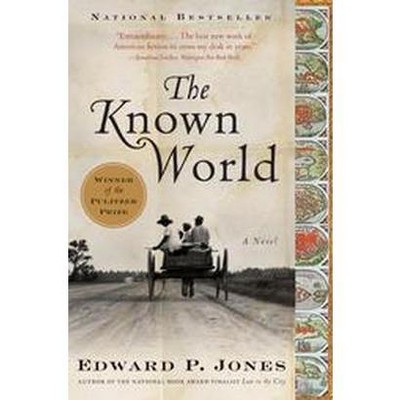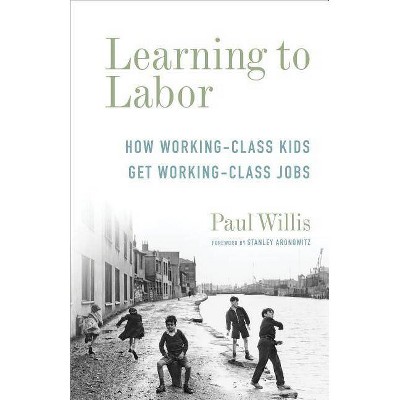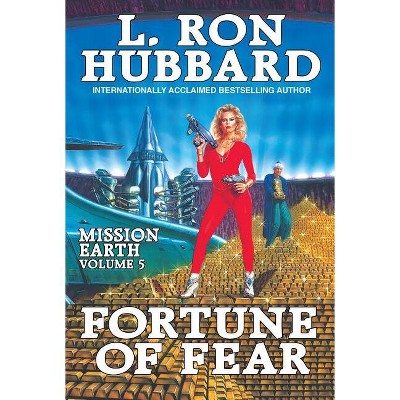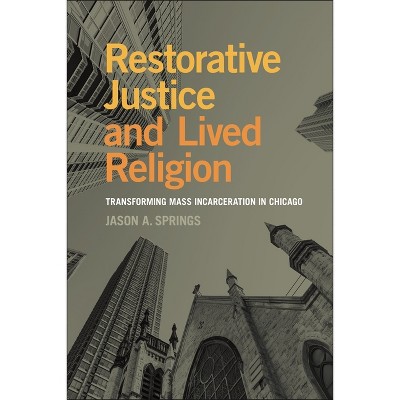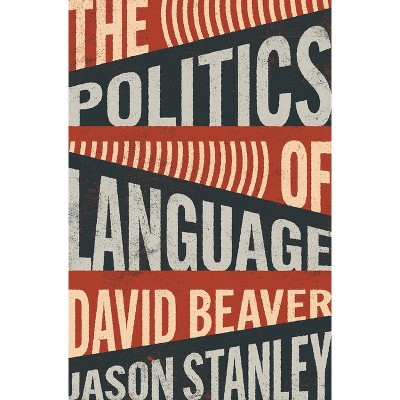Sponsored

The World That Fear Made - (Early American Studies) by Jason T Sharples (Hardcover)
In Stock
Sponsored
About this item
Highlights
- A thought-provoking history of slaveholders' fear of the people they enslaved and its consequencesFrom the Stono Rebellion in 1739 to the Haitian Revolution of 1791 to Nat Turner's Rebellion in 1831, slave insurrections have been understood as emblematic rejections of enslavement, the most powerful and, perhaps, the only way for slaves to successfully challenge the brutal system they endured.
- About the Author: Jason T. Sharples teaches history at Florida Atlantic University.
- 365 Pages
- History, United States
- Series Name: Early American Studies
Description
About the Book
In dozens of slave conspiracy scares in North American and the Caribbean, colonists terrorized and killed slaves whom they accused of planning to take over the colony. Jason T. Sharples explains the deep origins and historical triggers of these incidents and argues that conspiracy scares bound society together through shared fear.Book Synopsis
A thought-provoking history of slaveholders' fear of the people they enslaved and its consequences
From the Stono Rebellion in 1739 to the Haitian Revolution of 1791 to Nat Turner's Rebellion in 1831, slave insurrections have been understood as emblematic rejections of enslavement, the most powerful and, perhaps, the only way for slaves to successfully challenge the brutal system they endured. In The World That Fear Made, Jason T. Sharples orients the mirror to those in power who were preoccupied with their exposure to insurrection. Because enslavers in British North America and the Caribbean methodically terrorized slaves and anticipated just vengeance, colonial officials consolidated their regime around the dread of rebellion. As Sharples shows through a comprehensive data set, colonial officials launched investigations into dubious rumors of planned revolts twice as often as actual slave uprisings occurred. In most of these cases, magistrates believed they had discovered plans for insurrection, coordinated by a network of enslaved men, just in time to avert the uprising. Their crackdowns, known as conspiracy scares, could last for weeks and involve hundreds of suspects. They sometimes brought the execution or banishment of dozens of slaves at a time, and loss and heartbreak many times over.
Mining archival records, Sharples shows how colonists from New York to Barbados tortured slaves to solicit confessions of baroque plots that were strikingly consistent across places and periods. Informants claimed that conspirators took direction from foreign agents; timed alleged rebellions for a holiday such as Easter; planned to set fires that would make it easier to ambush white people in the confusion; and coordinated the uprising with European or Native American invasion forces. Yet, as Sharples demonstrates, these scripted accounts rarely resembled what enslaved rebels actually did when they took up arms. Ultimately, he argues, conspiracy scares locked colonists and slaves into a cycle of terror that bound American society together through shared racial fear.
Review Quotes
"Masterful...Sharples's study assesses the intellectual, socioeconomic, and geopolitical causes of and preconditions for insurrection panics and factors dictating their scope, including the instrumentality of toxic print media...To say that this book makes extremely significant contributions to scholarship understates the case."-- "Early American Literature"
"Thought-provoking, original, and engaging, The World That Fear Made is sweeping in its chronological scope and rich with details and stories that convey the lived experience of his subjects at key moments of crisis. It is a sophisticated and valuable corrective to the literature on slave rebellions."-- "Justin Roberts, Dalhousie University"
About the Author
Jason T. Sharples teaches history at Florida Atlantic University.Shipping details
Return details
Frequently bought together
Trending Non-Fiction


